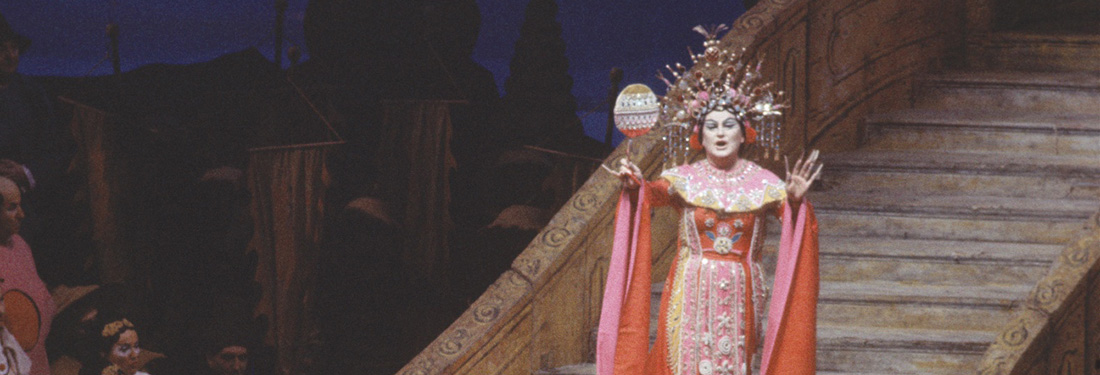
I saw Leonard Bernstein performing only once, but it was unforgettable. In September 1987, he led the Vienna Philharmonic in two concerts at the Hollywood Bowl. The one I attended centered on Mahler’s Symphony #5. I wish I could hear it again… or at least, that I knew as much about Mahler then as I do now. But even in my naivete, I recall it as magical—idiosyncratic in places, certainly (we’d expect no less from Bernstein) but spellbinding. Certainly, the audience seemed to agree. Though this predated the current culture of automatic standing ovations, it was a real on-your-feet-shouting-bravos crowd.
That’s when it got weird. Bernstein, who of course had a long-standing relationship with the VPO, wandered among the orchestra, embracing a number of members, and carrying on what looked like intensely private conversations. Occasionally, he’d hug someone and bury his face in their neck, appearing to weep.For the spectators—yes, we were still there—it felt very odd, as though the performance had morphed into something private. We’d gradually become interlopers—a status that was clear when finally Bernstein looked out into the crowd and made a gesture that was something between a wave of goodbye and pushing us out into the parking lot.
Those last minutes didn’t kill the music making that had gone before it, but it left an unpleasant aftertaste. What had been an evening supreme art had turned into The Lenny Show.
Ah, that Bernstein dichotomy. It lies at the heart of Bradley Cooper’s Maestro, which similarly left me frustrated.
To be fair, there are elements here I admire. Cooper’s sincerity and devotion to his subject is never in doubt, and while as both director and actor he visibly revels in portraying Bernstein’s charisma, he’s also willing to acknowledge the flaws. Rather than dumbing down the career details, it’s clearly important to Cooper to “get it right.”
Almost too much so. While I wouldn’t call myself a Bernstein expert, I do know a lot about him and his career—but I kept wondering how someone who didn’t could follow it, especially in the early sections, in which so much, including most of the Broadway work, is “collaged” that it whizzes by with little connection. (Is Cooper trying to give his movie something of Lenny’s hyperactive energy? I wonder.)
Still, a lot of it is quite enjoyable. Sequences about Bernstein’s marvelous theater partners, Betty Comden and Adolph Green (charming cameos by Mallory Portnoy and Nick Blaemire) and Jerome Robbins (Michael Urie) are buzzy and fun. Spotting interesting New York actors is generally a particular pleasure here—I was delighted to see a precious moment of the wonderful June Gable, who had herself sparkled in an early revival of Candide. All of this speaks well for Cooper’s seriousness and imagination.
I’m less won over by the overlay of artiness that afflicts much of the visual imagery, including tracking shots that morph from one theater and production into another with a showy kind of dream logic.
But it’s a jitteriness that virtually vanishes with the introduction of Felicia Montealegre (Carey Mulligan), who would of course become Bernstein’s wife.
When Maestro focuses on Montealegre, the movie takes a noticeably different turn in virtually every way. The kinetic excitement slows, often to a near standstill. The “period” black and white gives way to watery color. Cooper and cinematographer Matthew Libatique introduce a new style, where conversational scenes are often shot in a single uninterrupted take, and at a long distance. It’s not always easy to read the faces; we follow the scenes through dialogue that has a loose, improvised quality. One can’t help think that Cooper models his “serious” directing on Ingmar Bergman and Chantal Akerman. (As for Cooper’s performance, he’s skillfully channels Bernstein’s mannerisms, but the result—not unlike the prosthetic make-up that has been such a topic of discussion—is not wholly convincing.)
The stylistic evolution of Maestro from bouncy if sometimes incoherent energy into a kind of enervated low-key seriousness refocuses the story specifically on the Bernstein/Montealegre marriage. Cooper’s point—one I applaud in theory—is to have us reconsider the marriage (in particular, Bernstein’s role in it) as a deeply loving if troubled union. Yes, Lenny had another life as a gay man, which he scarcely bothered to hide from Felicia. But when the going gets tough—as indeed it does—he was there for her, and he himself never really recovered from her early death in 1978 from cancer.
What doesn’t come along with this in Maestro is a reassessment of Felicia herself. She has always seemed a rather insubstantial figure: glamorous, elegant, but not much more than that. Socially connected, she explored various artistic areas (including studying piano with Claudio Arrau, no less!), ultimately settling into acting… but the career was minor. Based on historical evidence, it would be ungenerous but not unreasonable to think she was a classy asset for Bernstein’s public persona, but not a particularly accomplished person on her own—similar to one of Capote’s “Swans,” minus the oomph.
I’d hoped Cooper would find something more notable in her, but while he’s clearly sympathetic—and Mulligan’s translucent performance also lends poignancy and emotional openness—Felicia remains elusive here, and there’s little to reinforce that she had talent or presence that should have led to more. Quite the contrary: when Maestrofocuses on her, it turns conventional and generic, becoming by turns a Wronged Wife Movie and a Cancer Movie. I’m frankly surprised that Mulligan chose to do this.
The bigger question is why Cooper, so clearly a loving admirer of Bernstein, whose brilliance he wants to share with the world, would choose to focus on this aspect as his central theme. When the movie ventures into Bernstein’s music-making—as it does with an extended recreation of his famous Mahler 2nd at Ely Cathedral—it feels recreated but devoid of any dramatic perspective or insight.
The Ely sequence, recreated at some length, allows us to see how Cooper channels Bernstein the conductor, and again it’s a mixed bag, with the mannerisms overdone. (Of slight interest, Isabel Leonard and Rosa Feola are seen and heard briefly, standing in for the original performance’s Janet Baker and Sheila Armstrong.)
I’m not sorry I saw Maestro—twice—and to the extent that it will familiarize a new generation with Berstein’s cultural importance, it may serve a purpose. But to remember him through the focus here seems to me as limited as remembering that Mahler 5th from his post-concert mishegas.
Instead, let’s let Bernstein live on through his music.

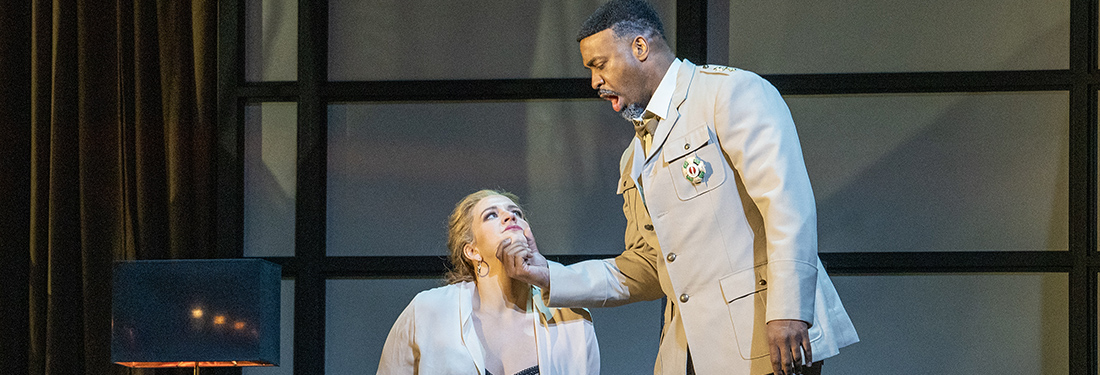
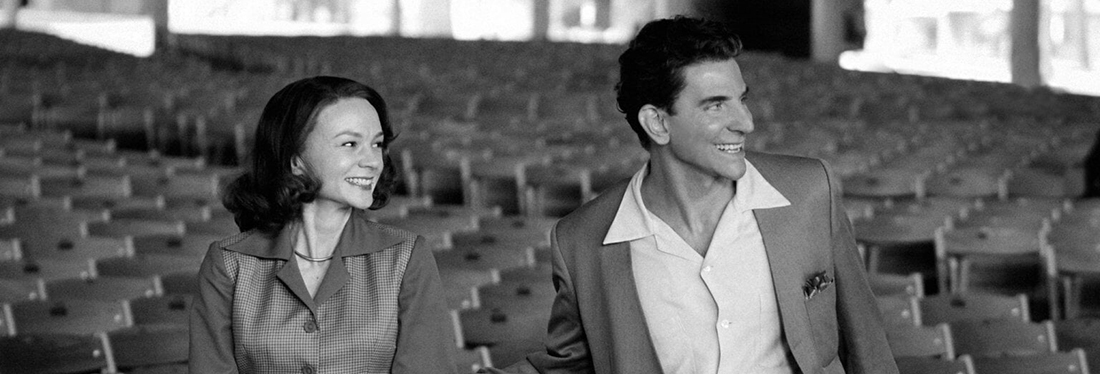
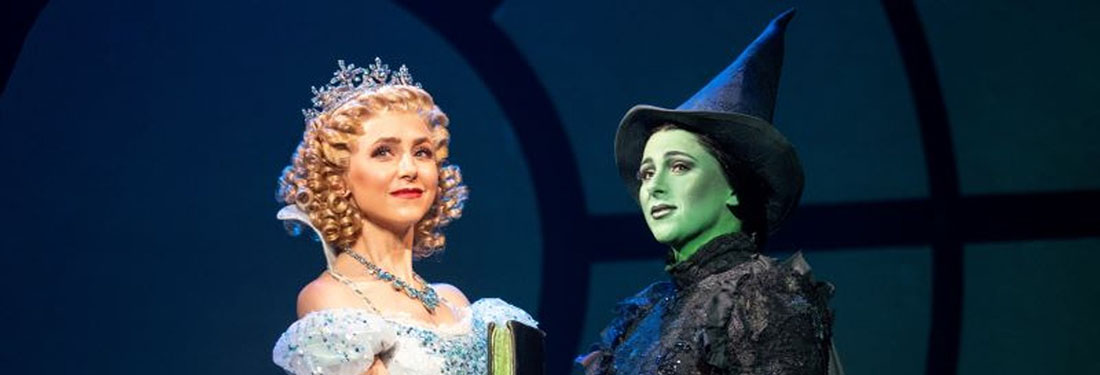
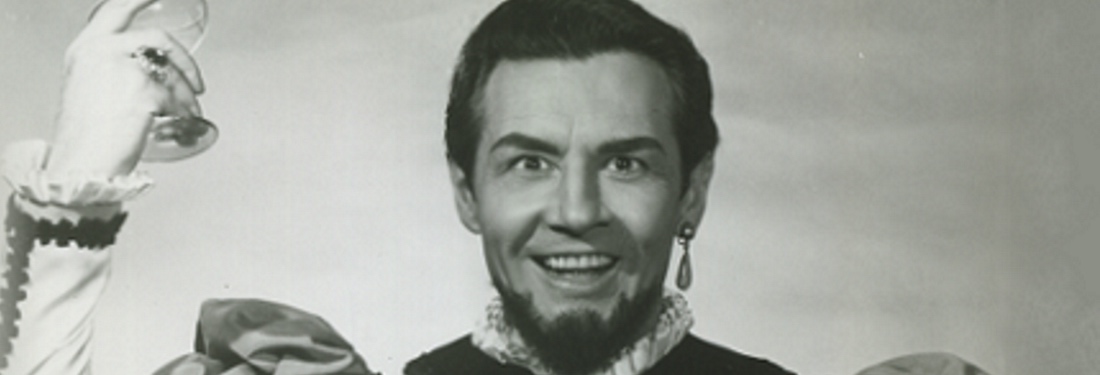
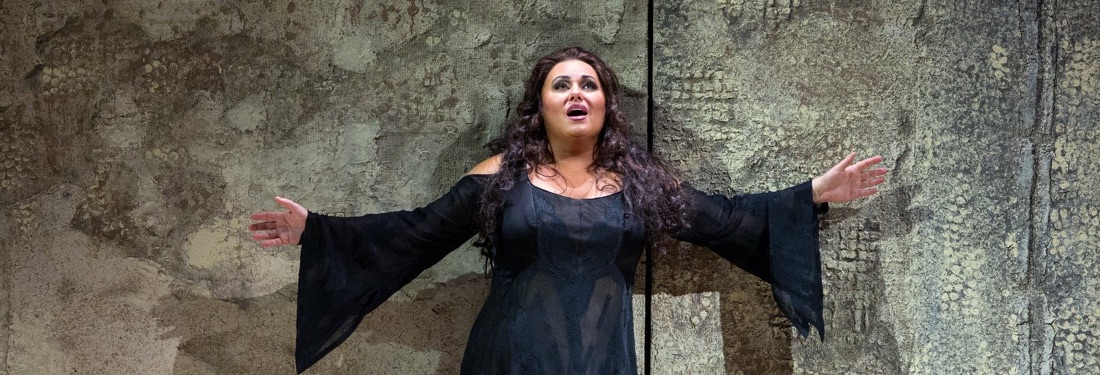


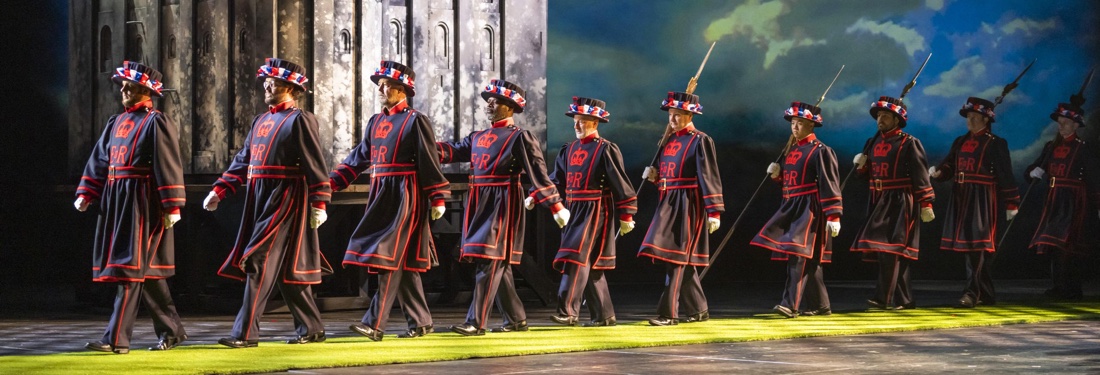


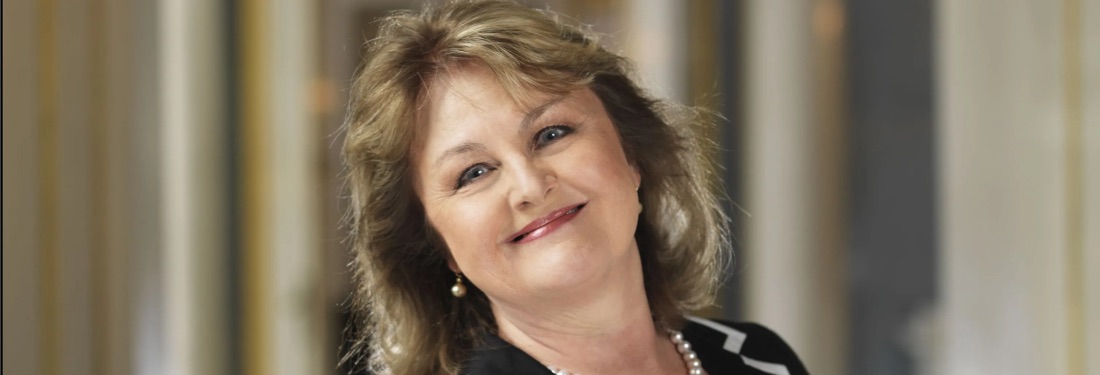
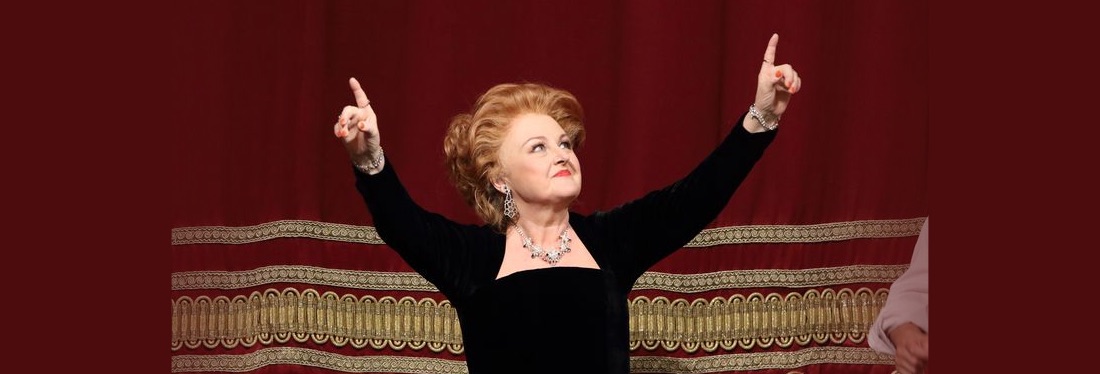

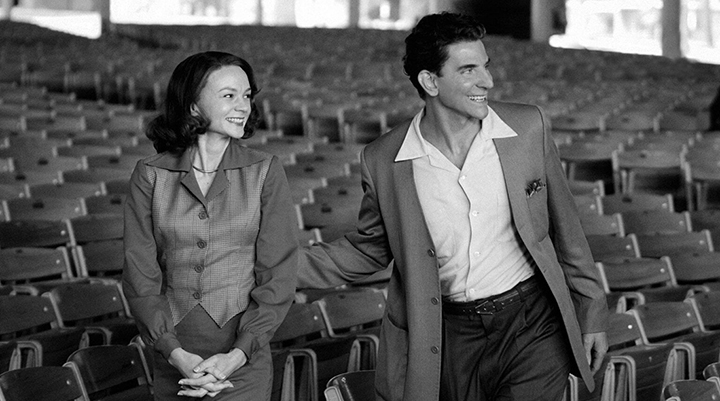
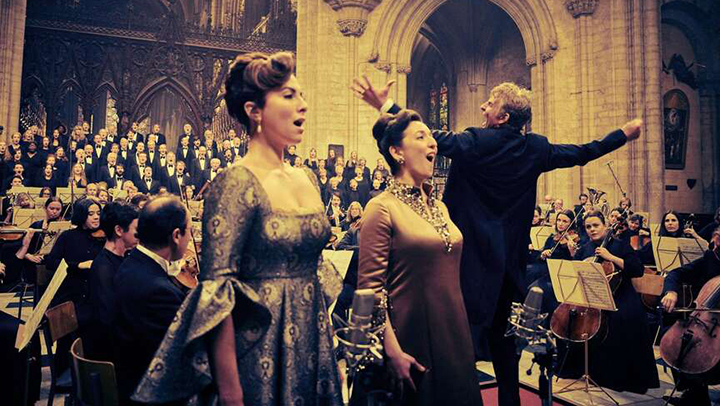











Comments